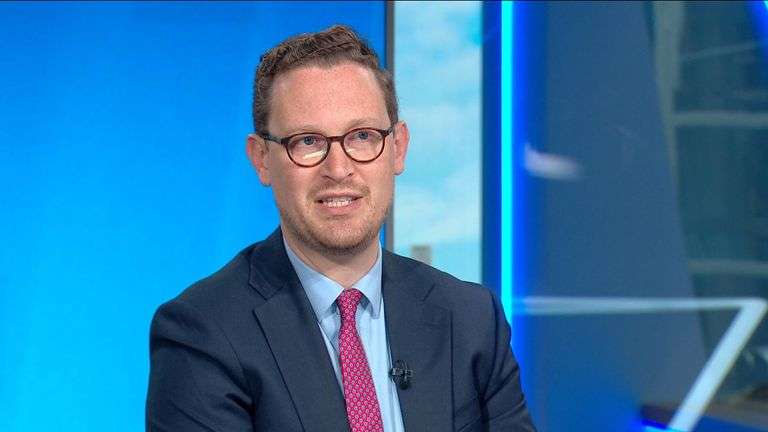Labour MPs have criticized Chancellor Rachel Reeves over what they describe as “devastating” and “unacceptable” welfare cuts. This follows the government’s own impact assessment revealing that more than three million households will be financially worse off, with 250,000 individuals expected to be pushed into poverty.
The backlash intensified after the full details of the benefit reductions were disclosed in Rachel Reeves’s spring statement. The analysis indicates that 3.2 million households stand to lose an average of £1,720 annually, with the most severe impact falling on individuals receiving Personal Independence Payment (PIP). Approximately 800,000 recipients of PIP are projected to lose an average of £4,500 per year.
Debbie Abrahams, Chair of the Work and Pensions Select Committee, strongly condemned the government’s move.
“All the evidence points to the fact that the cuts to health and disability benefits will lead to increased poverty, including severe poverty, and worsened health conditions. How will making people sicker and poorer help to drive our economy up and get people into jobs?”
Debbie Abrahams
Poole MP Neil Duncan-Jordan echoed these concerns, emphasizing the real-life consequences of the reductions: “We are talking about people’s lives here – my constituents are frightened.”
Growing dissent among Labour MPs has sparked speculation that some may vote against the proposed changes to PIP when the measure comes to a Commons vote in May. There are even rumors that one or more frontbenchers may resign in protest.
Carers UK, a charity supporting caregivers, described the cuts as “the first substantial cuts to carer’s allowance in decades” and warned of the “huge anxiety for hard-pressed carers and their families who need every penny they can get to pay their bills.”
With the average annual PIP reduction of £4,500 coupled with the loss of £4,250 in Carer’s Allowance, some households could face an income drop of at least £8,740 per year. This is particularly alarming, given that more than one million unpaid carers already live in poverty.
Meanwhile, 2.25 million Universal Credit claimants will also feel the impact, as the government has decided to freeze the health component of the benefit, resulting in an average loss of £500 per year. Additionally, 730,000 future recipients will forfeit approximately £3,000 per year due to the changes.
Largest Welfare Cuts in a Decade
The Office for Budget Responsibility (OBR) has described the £4.8 billion welfare reduction package as “the largest package of welfare savings since the July 2015 budget,” referring to the austerity measures introduced by former Conservative Chancellor George Osborne. Those measures included a four-year freeze on most working-age benefits and cuts to tax credits and Universal Credit.
Dissatisfaction within Labour ranks was palpable during a tense briefing led by Treasury Chief Secretary Darren Jones on Wednesday, March 26. Of the two dozen MPs present, more than half a dozen expressed their discontent, with at least four hinting that they would vote against the cuts, according to sources at the meeting.
Jones further fueled frustration when he attempted to justify the welfare reductions during an interview by comparing them to reducing his children’s pocket money.
“If I said to my kids: ‘I’m going to cut your pocket money by £10 per week, but you have to go and get a Saturday job,’ the impact assessment on that basis would say that my kids were down £10, irrespective of how much money they get from their Saturday job.”
Darren Jones

His remarks were met with sharp criticism. Liberal Democrat Work and Pensions spokesperson Steve Darling labeled the comments as “incredibly insulting” and called for Jones to issue an apology.
Some Labour MPs have also directed their frustration at the Office for Budget Responsibility, whose latest forecasts forced Reeves to implement steeper welfare reductions than initially anticipated.
With tensions running high and a Commons vote on the horizon, the government faces mounting pressure to reconsider its stance on the cuts, as MPs continue to warn of the severe repercussions for some of the nation’s most vulnerable individuals.
READ ALSO: Lands Minister Defends Government’s Response to Galamsey Crisis




















